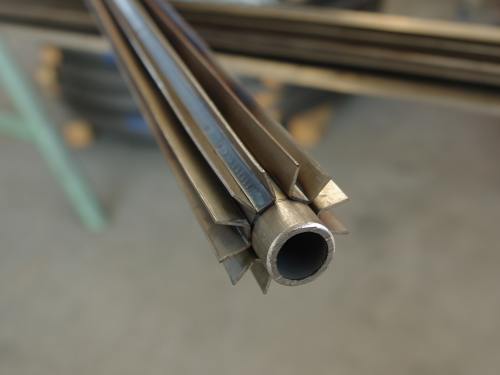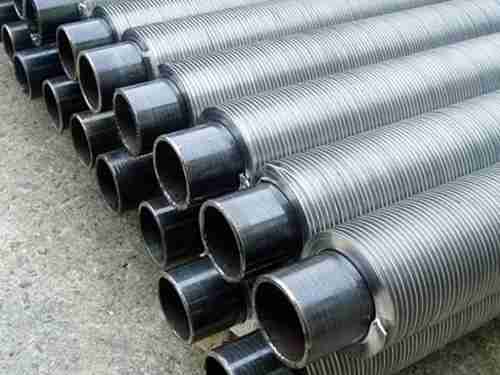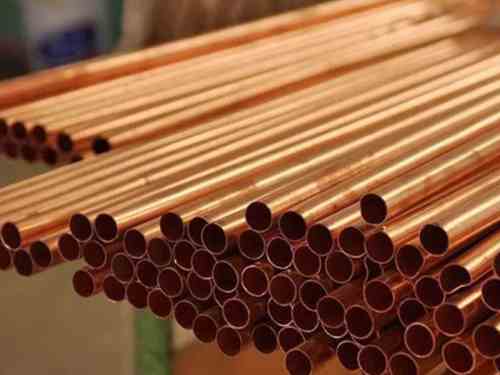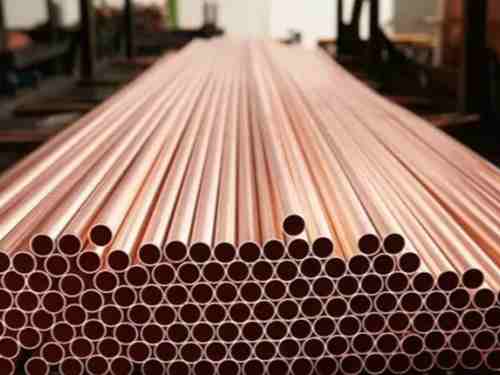3PE, which stands for "Three-Layer Polyethylene," is a common coating used to protect steel pipes from corrosion and extend their service life, especially in applications where the pipes are exposed to harsh environments, such as in the oil and gas industry. The 3PE coating consists of three layers: an epoxy primer, an adhesive layer, and an outer layer of polyethylene. Below are coating specifications for 3PE coated pipe.
Coating Specifications for 3PE Coated Pipe:
- Epoxy Primer (First Layer):
Material: Epoxy resin.
Thickness: Typically 100 to 200 microns (0.1 to 0.2 mm).
Purpose: The epoxy primer layer provides excellent adhesion to the steel surface and acts as a corrosion barrier.
- Adhesive Layer (Second Layer):
Material: Copolymer adhesive.
Thickness: Typically 250 to 400 microns (0.25 to 0.4 mm).
Purpose: The adhesive layer serves as a bonding agent between the epoxy primer and the outer polyethylene layer. It ensures a strong and long-lasting bond between the three layers.
- Polyethylene Outer Layer (Third Layer):
Material: Polyethylene (HDPE - High-Density Polyethylene or LDPE - Low-Density Polyethylene).
Thickness: Typically 2.0 to 3.7 mm for HDPE or 1.8 to 3.7 mm for LDPE.
Purpose: The polyethylene outer layer provides excellent protection against mechanical damage and environmental factors, such as moisture and chemicals. It acts as the primary barrier to corrosion.
Tests for 3PE Coated Pipe:
- Visual Inspection
Inspection for uniform gloss, appearance, and the absence of defects such as bubbles, wrinkles, irregularities, and separation between layers. Inner surface inspection for foreign matter or pellets.
- Coating Thickness
Measurement of coating thickness at multiple locations on each pipe, with a minimum requirement and a rejection threshold.
- Holiday Detection
Surface inspection of the coated pipe using a leak detector with specified voltage and detection conditions. Calibration and detection speed requirements are specified.
- Anti-peeling Test
Testing the force required to peel a coating strip from the pipe at specified temperatures. Requirements for force, test conditions, and strip width are specified.
- Impact Strength
Testing the ability of the coated pipe to withstand impact under specified conditions, including voltage checks and impact criteria.
- Indentation Test
Measuring the coating's resistance to penetration by an indenter at different temperatures, with specified acceptance criteria.
- Thermal Analysis
Thermal analysis testing, performed once per shift, according to customer specifications.
- Cathodic Stripping Test
Testing for cathodic stripping on a specified frequency of pipes under specific temperature and time conditions according to customer specifications.

 English
English Español
Español











